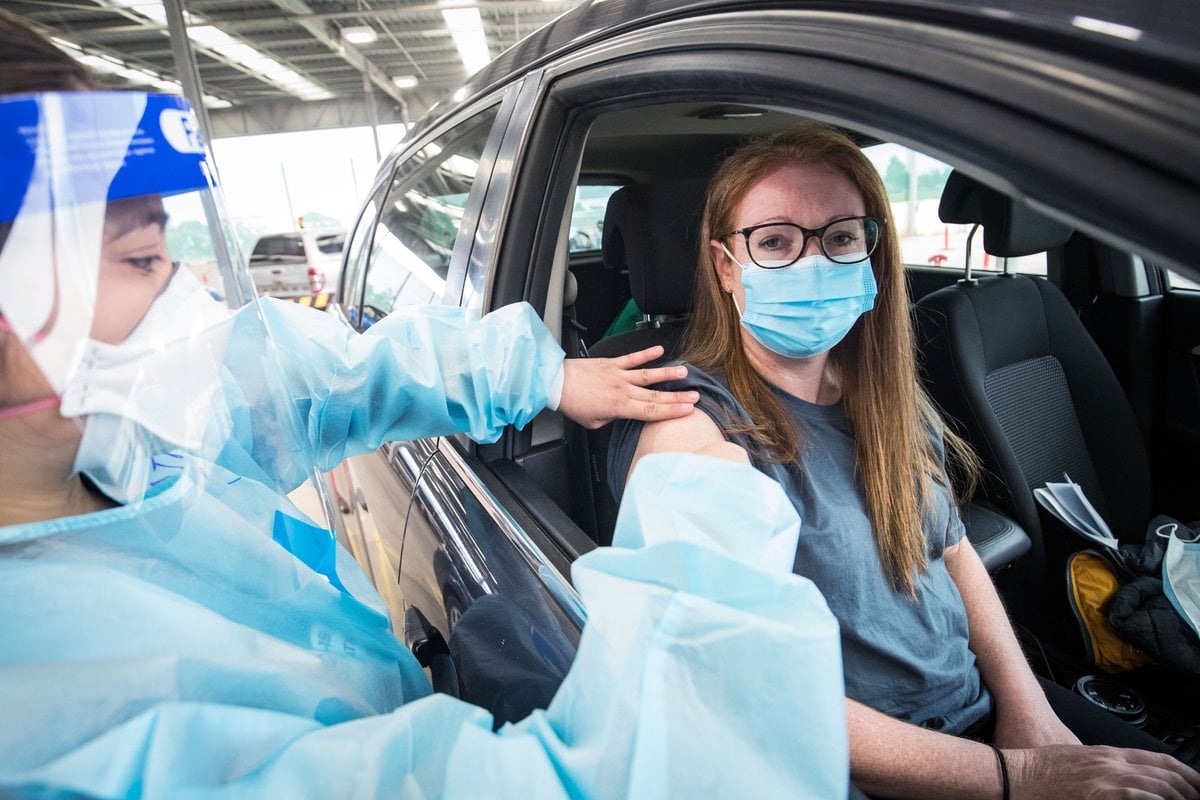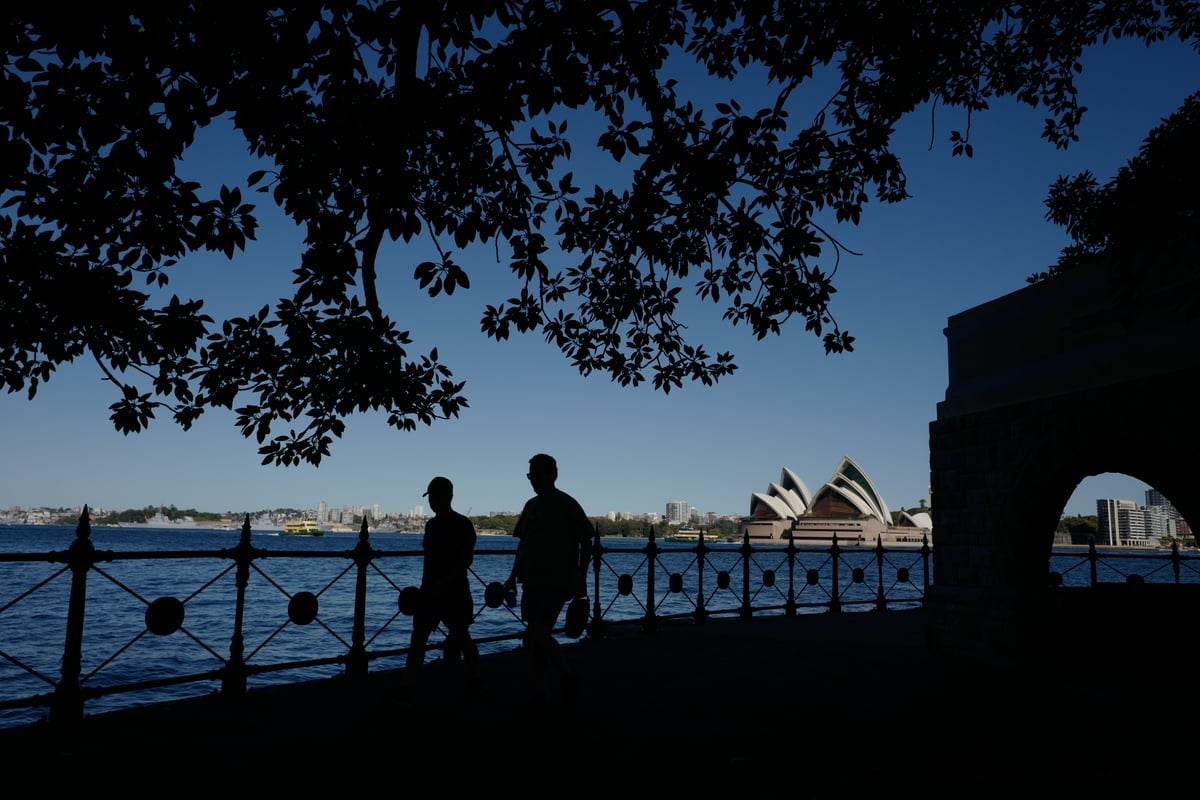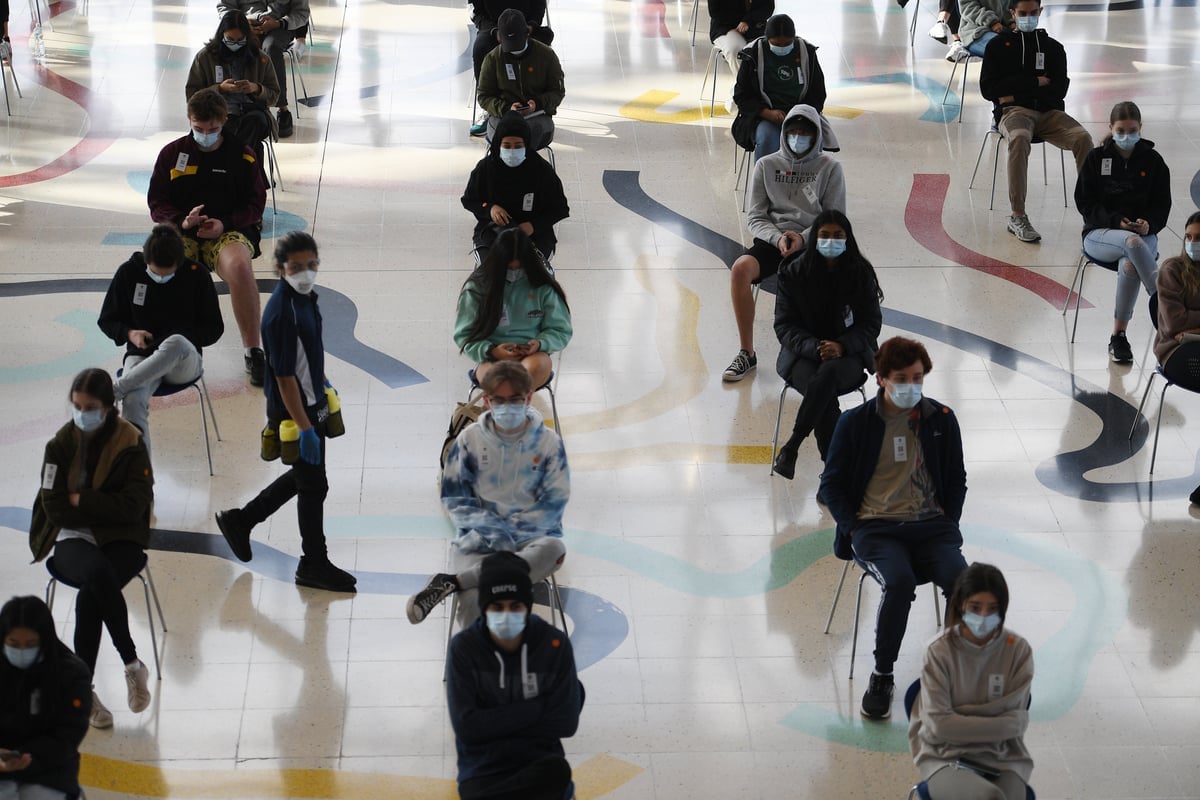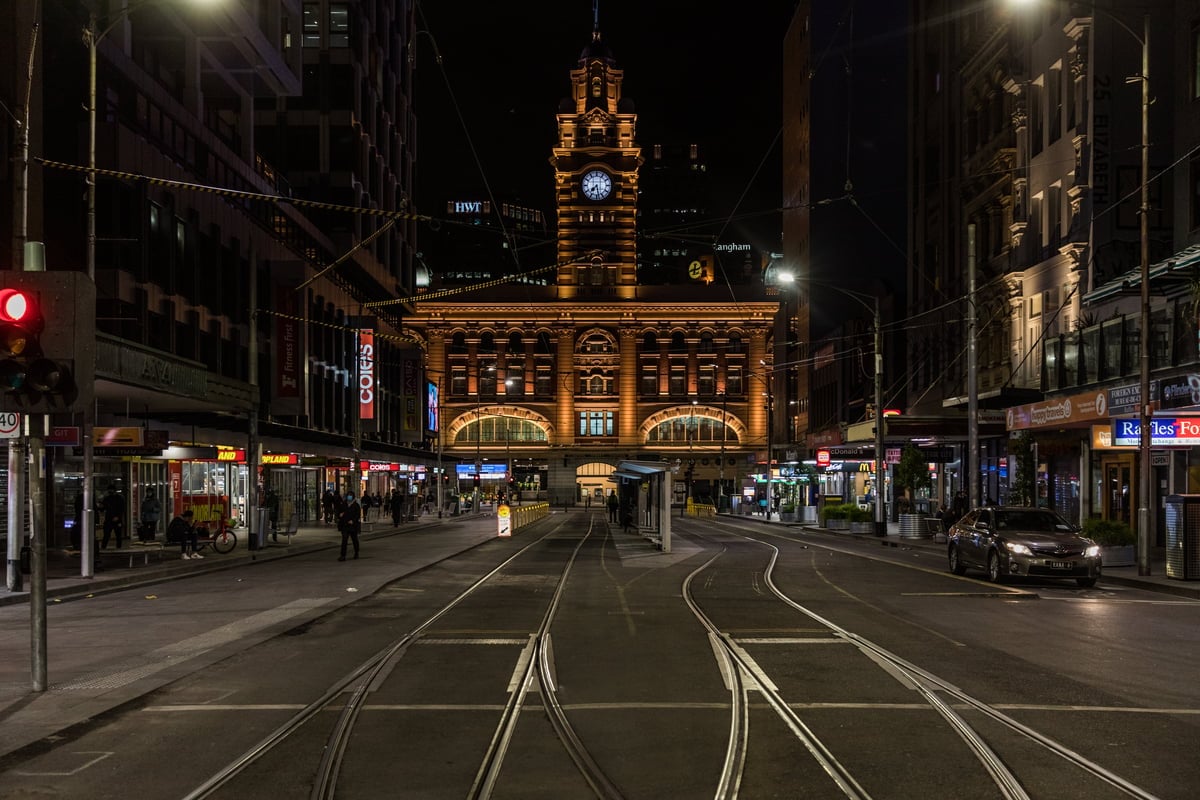
Across Australia, hope and optimism for the end of lockdowns are waning amid surging case numbers in some states.
Today, NSW recorded their highest daily case numbers since the pandemic began, with 633 new locally transmitted cases of COVID-19, all of which are confirmed to be the highly infectious delta strain. The state Premier has conceded that "COVID zero" seems unlikely at this point.
It's nearly 18 months into the pandemic and Australia remains far behind other Western nations in our vaccination efforts.
 NSW recorded their highest case numbers since the pandemic began on Wednesday. Image: Getty.
NSW recorded their highest case numbers since the pandemic began on Wednesday. Image: Getty.



Top Comments